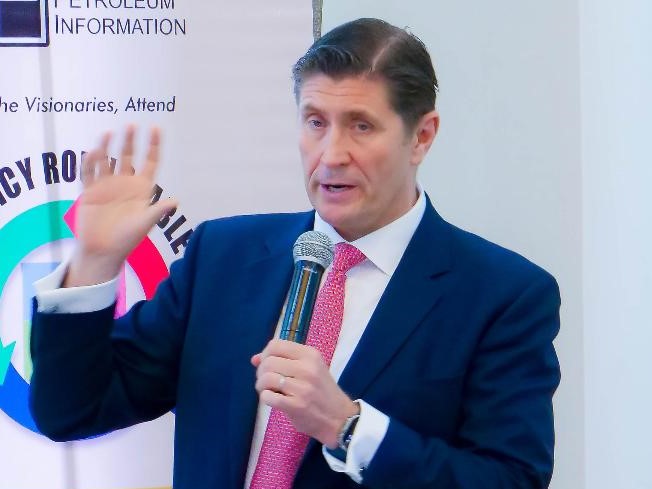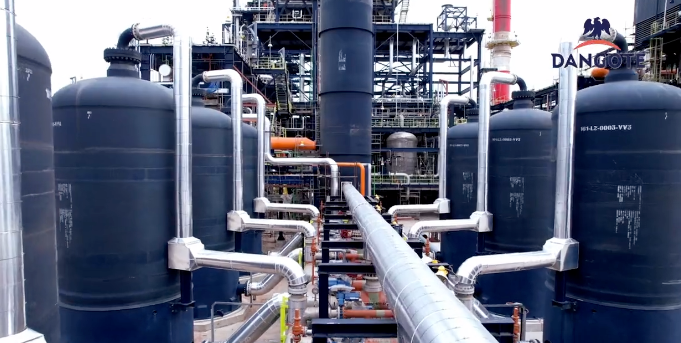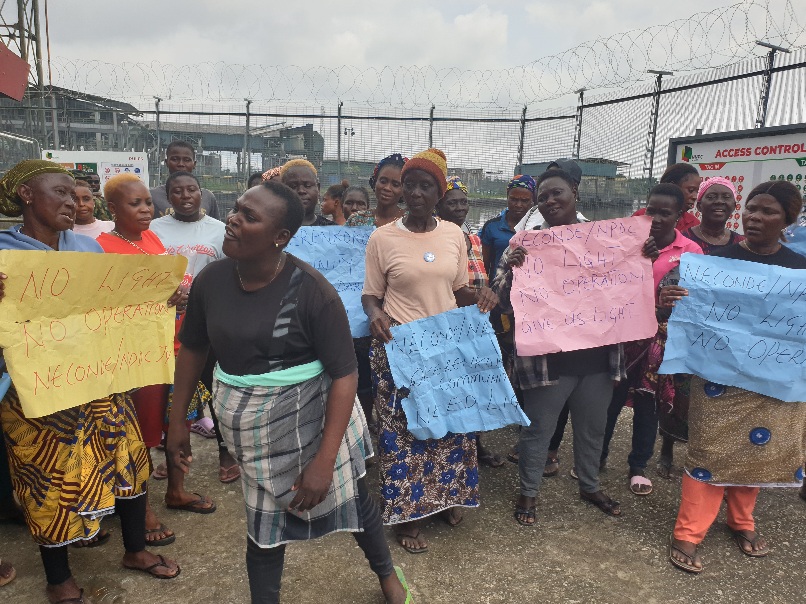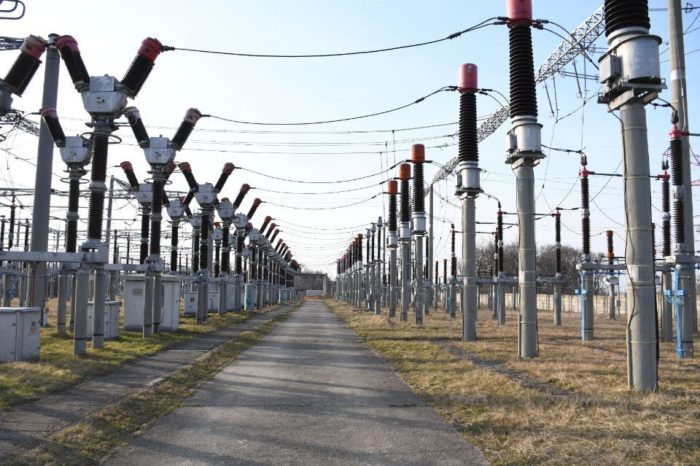LNG remains transition fuel that will lift millions of Africa, Asia out of energy poverty -Dr. Philip Mshelbila, MD, NLNG

Oredola Adeola
The Nigeria LNG Limited, (NLNG) has revealed that Liquefied Natural Gas(LNG) remains the transition fuel that will lift people in developing countries in Africa and Asia out of energy poverty.
Dr. Philip Mshelbila, Managing Director NLNG, made this known while speaking on Concerted Industry Action on ending energy poverty at the Managing Director’s Panel session, during the GASTECH exhibition and conference in Milan, Italy.
According to him, energy poverty is a real threat in a post-pandemic era where facilities for the proper storage of critical vaccines and blood work are necessary, major way energy poverty continues to be an obstacle is its impact on health and access to health care services in Africa.
He said, “A starting point is to think about energy security as an enabler of human security more generally and as the foundational step in the interplay between the availability of energy, the economics of energy, and the sustainability of energy.
“Conceptualising energy security allows us as an industry to properly address energy poverty of developing countries in the march towards a zero carbon landscape.
“The effort to tackle energy poverty may look like a standstill because estimates of the number of people without electricity have barely changed for years.
“In fact, electricity has been extended to 1.7 billion more people between 1990 and 2010. 1.6 billion people have gained access to cleaner cooking fuels. The world population grew by 1.6 billion over that same period, with high growth in regions with poor energy access—a problem concentrated in about 20 countries in Asia and Africa.
“Access to energy or the lack of it – significantly impacts an individual’s ability to live above the poverty line. Basic needs such as food, housing, shelter, education, and finance are all adversely impacted by energy poverty and its limitations on a community.
“Post covid-19, the pandemic has pushed an additional 5 million people into energy poverty in Nigeria alone. Energy security has taken on a broader & critical role in the journey toward socio-economic progress and towards achieving net-zero targets and decarbonising economies,” the NLNG MD noted.
Speaking on the efforts of NLNG to reduce carbon footprint in Nigeria, Mshelbia noted that the efforts towards achieving this phenomenon starts by providing cleaner alternative energy sources for a population that depends on dirty fuels.
According to him, monetising associated gas has helped Nigeria to reduce flares, provide thought leadership on the decade of gas agenda and generate revenue for investment in critical infrastructure to improve the wellbeing of the people.
Mshelbia however restated the companies to 100 percent Liquefied Petroleum Gas (LPG) production obligation to the domestic market.
This according to him is part of efforts to advance the growth of LPG utilisation, and reduce the health, safety, and environmental risks associated with the use of other domestic fuel sources in Nigeria.
Advertisements





